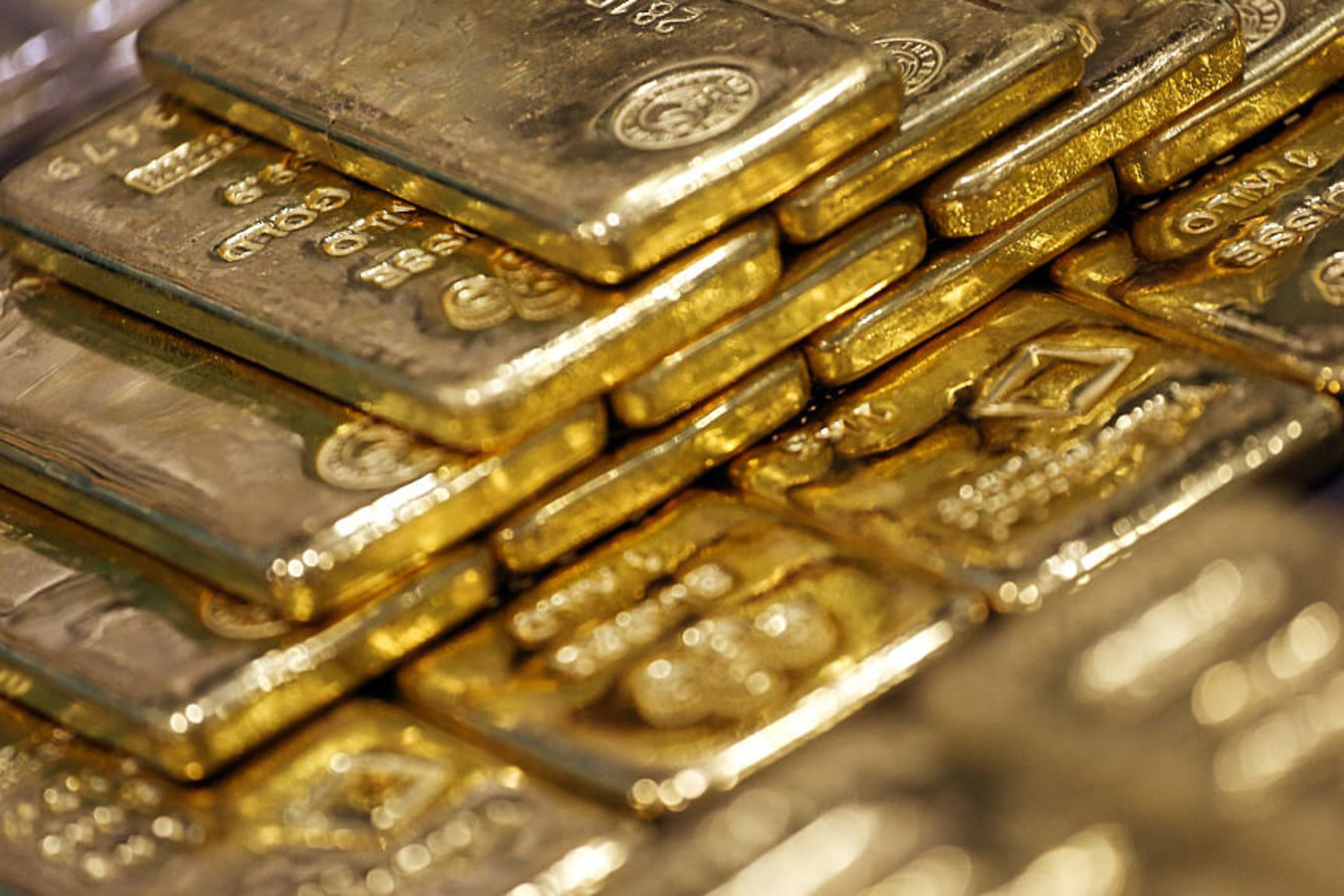Global gold demand flat in Apr-June quarter at 955.1 tonne: WGC
Going forward, the WGC estimates jewellery demand in the range of 1,600 to 1,800 tonne for the year, well above 2020 levels but below its five-year average.
Investors globally added 272.5 tonne to their holdings of these products, taking year-to-date flows to a record 1,003.3 tonne.

The third quarter of 2020 also saw continued inflows into gold-backed exchange traded funds (ETF), although at a slower pace than in the first half. (Photo: Getty)
Demand for gold globally dropped 19 per cent during the July-September quarter to 892.3 tonne, largely due to weak consumer demand amid the pandemic, said a World Gold Council report.
So far in 2020, the demand stood at 2,972.1 tonne, around 10 per cent below the same period of 2019.
Advertisement
“Demand for gold dropped to 892.3t in Q3 – its lowest quarterly total since Q3 2009 -as consumers and investors continued to battle the effects of the global pandemic,” it said.
Advertisement
The report noted that jewellery demand improved from the Q2 record low, the combination of continued social restrictions, economic slowdown and a strong gold price continued to impact demand from jewellery buyers.
Gold jewellery demand during the period under review stood at 333 tonne, 29 per cent below an already relatively anaemic Q3 2019, it said.
In contrast, bar and coin demand strengthened, gaining 49 per cent y-o-y to 222.1 tonne. Much of the growth was in official coins, due to continued strong safe-haven demand in Western markets and Turkey, where coins are the more prevalent form of gold investment.
The third quarter of 2020 also saw continued inflows into gold-backed exchange traded funds (ETF), although at a slower pace than in the first half.
Investors globally added 272.5 tonne to their holdings of these products, taking year-to-date flows to a record 1,003.3 tonne.
Central banks generated small net sales of gold in Q3, the first quarter of net sales since Q4 2010. Sales were generated primarily by just two central banks – Uzbekistan and Turkey – while a handful of banks continued steady albeit small purchases, as per the WGC report.
Demand for gold used in technology remained weak in Q3, was down 6 per cent y-o-y at 76.7 tonne. But the sector saw a decent quarterly improvement as some key markets emerged from lockdown.
The total supply of gold fell 3 per cent y-o-y in Q3 to 1,223.6 tonne, despite 6 per cent growth in gold recycling, with mine production still feeling the effects of the H1 Covid-19 restrictions.
On the jewellery demand in India, the report said that the segment staged a modest recovery from its Q2 record low but remained well below 2019 levels. Demand was 48 per cent lower y-o-y at just 52.8 tonne, the third lowest quarter for Indian jewellery demand in our data series.
“Not only did Indian consumers have to cope with recurring lockdowns and unprecedented gold prices, but also the inauspicious periods of ‘Pitru-Paksha’ and ‘Adhik Maas’ discouraged buying during September (both periods are considered by Hindus to be inauspicious for gold purchases),” it said.
As the local gold price breached Rs 50,000 per 10 gram, a major milestone for India, casual and impulsive purchases were curtailed in favour of needs-based buying. The prohibitive price level also encouraged a shift to lighter-weight plain gold pieces.
Despite the positive monsoon season, consumer confidence remains heavily impacted by the economic impact of the measures imposed to contain the pandemic.
Speaking to IANS, Somasundaram P.R., Managing Director, India for World Gold Council noted that there are hopes that the jewellery demand would improve in the festive of the fourth quarter.
India’s GDP contracted by a whopping 23.9 per cent in Q2 2020 and is expected to contract by 12.7 per cent in Q3.
The report, however noted that there has been an increasing focus on the use of gold as collateral for loans.
Advertisement